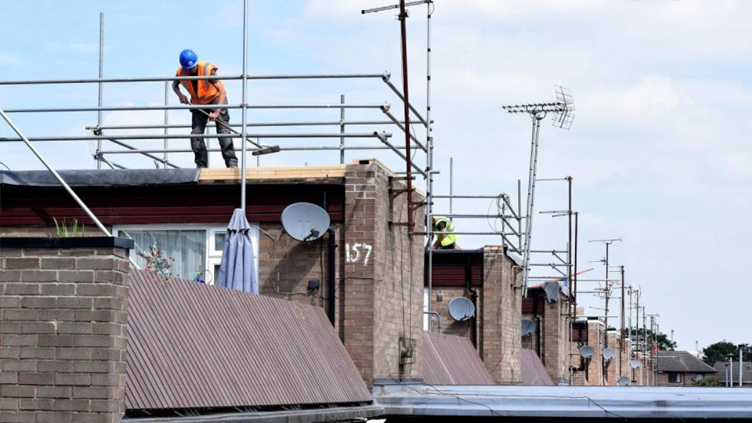
Three years ago, the UK committed to reaching Net-Zero carbon emissions by 2050. Pressure has been building on local government since then to implement policies that will bring the country closer to its target. However, amidst current financial pressures and funding cuts, this is becomingly increasingly difficult to achieve.
More and more, central government are leaning on councils to advance local delivery plans that will help tackle climate change. In response to this mounting pressure, the Local Government Association recently published an update to their National Energy Category Strategy, giving advise to councils about reducing energy consumption, using energy more efficiently and increasing energy security.
The report highlights the inability to reduce astronomical energy costs and suggests that councils should redirect their focus to reducing energy demand by retrofitting instead. Retrofitting is the installation of new systems designed for high energy-efficiency and low energy-consumption to buildings previously built without them.
An E.ON report revealed that local councils themselves are aware of this, collectively ranking ‘better energy efficiency’ as the most important strategy to reach carbon neutrality.
If the solution is clear, what is stopping progress?
Despite wide-spread agreement that energy-efficiency initiatives like retrofitting are a strong way forward, councils are struggling to implement them. Reports from 50 local authorities in the UK have found that 7 in 10 councils are having difficulties financing their Net-Zero transition.

The most common obstacle reported was funding limitations. The LGA have warned that local authorities are facing financial pressures due to budget cuts and a multitude of macro-economic factors, including the Covid-19 pandemic and the invasion of Ukraine. According to a BBC report, they are predicting a collective shortfall of £3bn in their budgets by 2023-24.
With substantial long-term investment from central government, the UK could take massive strides towards Net-Zero through energy-efficiency schemes. Last year, the LGA predicted that with investment of £12.2 billion by 2030, councils could retrofit as many as 3.49 million homes. In turn, this could save £698 million per year on energy bills, reduce NHS costs by £1.9 billion every year and create 31,000 construction jobs. Government schemes such as ‘Green Project’ financing are a good start, allowing councils to apply for additional funding for projects with non-financial, environmental benefits.
In addition to financial constraints, an absence of in-house skills and resource were also reported as barriers. The Environmental Audit Committee (EAC) have warned about this ‘chronic skills gap in energy efficiency and retrofit’ in a recent report to Parliament. Worryingly, councils have been set huge targets without the tools and knowledge to achieve them, leaving the majority doubtful about their ability to do so; a staggering 53% of UK councils are not confident about their Net-Zero targets.
Can external collaboration help to close this gap?
Local government may need to look elsewhere for the technical expertise and means that they are lacking internally.
Project Ziro is an environmentally motivated enterprise that works with local authorities and housing groups to design, manage and operate retrofit processes.
Energy-inefficient homes are upgraded with better insulation, and thermally efficient glazing, and thermal bridges and leaks are reduced. These measures help to reduce the overall energy demand of the buildings.
Once made air-tight, buildings can then be fitted with cutting-edge Nilan Compact units. The units work by exploiting the energy in air extracted from the building to provide hot water, ventilation, heating and cooling.
This approach leads to significant reduction in domestic energy costs and carbon emissions, and therefore has a lower impact on the environment.
Pressure on local government to act against climate change is higher than ever before, but the processes required to do so are incredibly specialised. With our experience and knowledge in the field, we can help to shoulder the weight of these targets and work with councils towards achieving Net-Zero together.

Nilan Compact unit